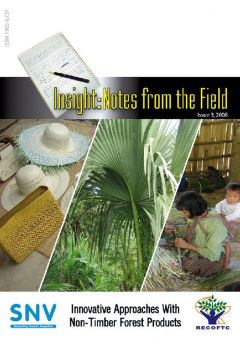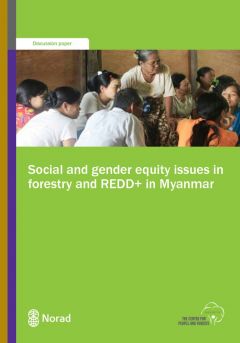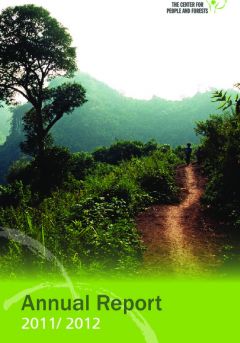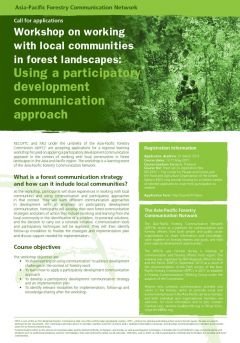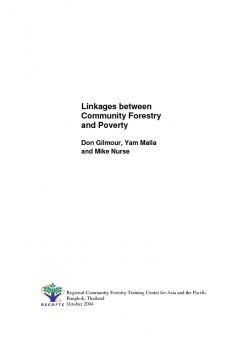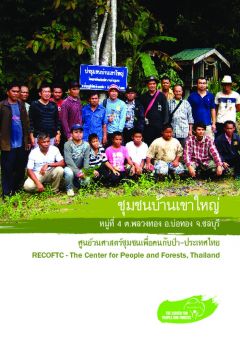Community Forestry and Community-based Forest Landscape Management for Safeguard Information Systems: An Important Existing Framework for Safeguard Information System Design, Implementation, Monitoring and Reporting
Community forestry offers a tried and true model for approaching national Safeguard Information Systems (SIS) under REDD+. RECOFTC agrees with the global consensus that REDD+ SIS should be based upon existing, equitable and participatory systems.


